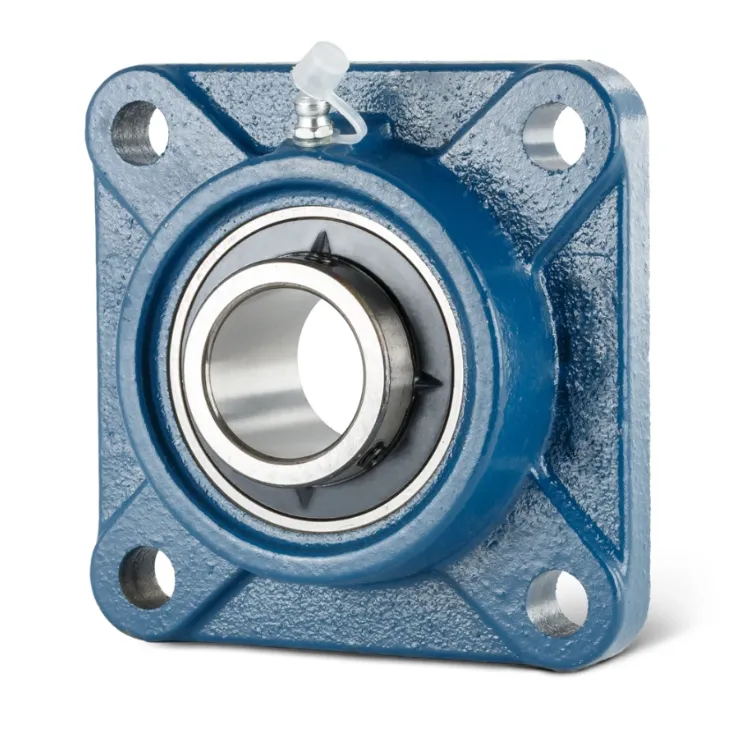Sep . 02, 2024 23:33 Back to list
Custom Deep Groove Ball Bearings | High-Quality Material Solutions
Custom Deep Groove Ball Bearing Material A Key to Performance and Longevity
When it comes to machinery and engineering applications, the significance of selecting the right materials for components cannot be overstated. One critical component that often requires careful material selection is the deep groove ball bearing. These bearings are widely used in various applications due to their versatility, reliability, and ability to handle both radial and axial loads. However, the performance and lifespan of these bearings heavily depend on the materials utilized in their construction.
Deep groove ball bearings typically consist of an inner ring, an outer ring, balls, and a cage. The choice of materials for each of these components is essential for ensuring optimal functionality. The most common material for manufacturing deep groove ball bearings is steel, specifically chrome steel (AISI 52100). This type of steel is known for its high hardness, durability, and resistance to wear, making it suitable for applications where high load capacity and longevity are required.
However, in certain applications where specific conditions exist—such as exposure to corrosive environments or extreme temperatures—custom deep groove ball bearing materials may be necessary
. For example, stainless steel, which offers excellent corrosion resistance, is frequently employed in environments where bearings are subjected to moisture or chemicals. The use of materials like AISI 440C stainless steel can provide substantial benefits in such situations, ensuring that the bearings maintain their performance while resisting degradation.custom deep groove ball bearing material

Another innovative material gaining traction in the bearing industry is ceramic. Ceramic deep groove ball bearings, made from materials such as silicon nitride, exhibit properties that set them apart from traditional steel bearings. These include lower density, higher stiffness, and exceptional resistance to high temperatures and wear. As a result, ceramic bearings are often used in high-speed applications and in environments where traditional materials might fail.
In addition to selecting the right base material, advancements in surface treatment technologies play a significant role in enhancing the performance of deep groove ball bearings. Processes like nitriding, hard coating, and phosphating can increase surface hardness, reduce friction, and improve resistance to wear and corrosion. These treatments allow manufacturers to customize the properties of deep groove ball bearings to suit specific operational demands.
In conclusion, the selection of materials for custom deep groove ball bearings is a fundamental aspect that directly impacts their performance and lifespan. By carefully considering factors such as load requirements, environmental conditions, and potential wear mechanisms, engineers can choose the most suitable materials. Whether opting for traditional chrome steel, stainless steel, or advanced ceramic options, the right material choice is crucial for optimizing the functionality and durability of deep groove ball bearings in diverse applications.
Latest news
-
25MM 2 BOLT UCFLX05-14 Flange bearing unit( oval)
NewsMar.07,2025
-
4 bolt UCF 200 series Pillow block bearings
NewsMar.07,2025
-
25MM 2 BOLT UCFLX05-14 Flange bearing unit( oval)
NewsMar.07,2025
-
UCF216-50 4-Bolt Flange Housing Square Bearing
NewsMar.07,2025
-
25MM 2 BOLT UCFLX05-14 Flange bearing unit( oval)
NewsMar.07,2025
-
spherical roller bearing material exporter
NewsMar.07,2025





